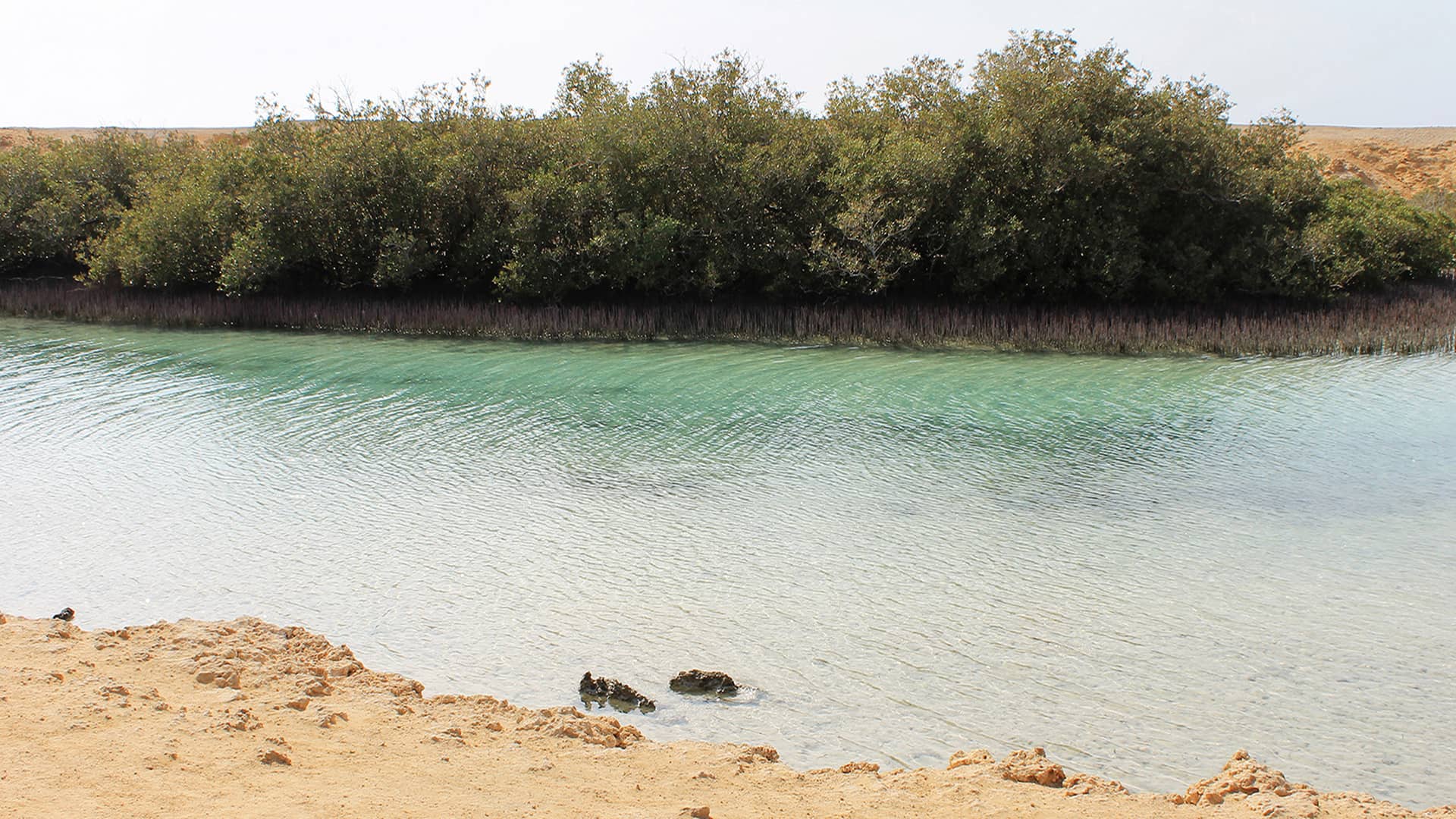Case study: Free and Open Source Software Tools for Water Resource Management
project information
FREEWAT is an HORIZON 2020 project financed by the EU Commission aiming at promoting water resource management by simplifying the application of the Water Framework Directive and other EU water related Directives through the use of state-of-art simulation tools.description
FREEWAT as a GIS-integrated simulation environment may provide reliable tools to evaluate phenomena in space and time and to address water management issues. FREEWAT’s main result is an open source and public domain GIS integrated modelling environment for the simulation of water quantity and quality in surface water and groundwater with an integrated water management and planning module. Specific objectives of the FREEWAT project are: - to coordinate previous EU and national funded research to integrate existing software modules for water management in a single environment into the GIS based FREEWAT; - to support the FREEWAT application in an innovative participatory approach gathering technical staff and relevant stakeholders (mainly policy and decision makers) in designing scenarios for the proper application of water policies. FREEWAT project is structured in 8 work packages, namely: - Work Package 1 - Project management - Work Package 2 - Software Integration Engineering and Customisation - Work Package 3 - Capacity building - Work Package 4 - Application of the FREEWAT platform to the Water Framework Directive, Groundwater Directive and other water related EU Directives based on 9 case studies (8 in EU Countries and one in Switzerland) - Work Package 5 - Application of the FREEWAT platform to rural water management based on 5 case studies (2 in EU Countries, one in Ukraine, one in Turkey and one in Africa) - Work Package 6 - Enhanced science- and participatory approach evidence-based decision making - Work Package 7 - Guidance on model-supported application of EU water-related Directives for water quantity and quality - Work Package 8 – Dissemination and Exploitation and CommunicationPolicy context
Priorities identified by the project are linked to the following: -Water Framework Directive 2000/60/EC(andinparticularArticle16–Strategies against pollution of water and Annex II– Groundwater 2.1 Initial characterization) -Groundwater Directive 2006/118/EC. -Nitrates Directive 91/676/EEC-Code(s) of good agricultural practice, designation of vulnerable zones, ActionPlans.environmental impacts
-Improving Water Resource Management (WRM) by simplifying the application of the Water Framework Directive and other EU water related Directives - Optimising the use of water resource monitoring data, by obtaining results for the solution of issues such as: water availability and quality, groundwater pollution monitoring and remediation, and coping with seawater intrusionsocioeconomic impacts
-Enhance science- and participatory approach and evidence-based decision making in water resource management, hence producing relevant and appropriate outcomes for policy implementation. - Contribute to the creation of innovative companies and work places that will exploit and continue the integration, development and training on the FREEWAT platform - Build knowledge and capacity in the use of scientific software technologies, by improving the professional level of technical and managerial personnel involved in WRM issues in public institutions and private companies; - Support local dialogue among stakeholders thanks to a tool able to early identify conflicts in terms of water uses(drinking, agricultural, etc.).key lessons
FREEWAT can be used for work or research as it promotes water resource management by simplifying the application of the Water Framework Directive and other related Directive though the use of ICT tools. It is an integrated and innovative approach based on the use of new open source and public domain software tools through the involvement of key stakeholders at national and international level. FREEWAT model provide further suggestions on the application and future development of the Groundwater Framework Directives and other Water Directives. The different stakeholder groups brought a variety of experiences that helped project partners to understand better the possible wider applications of the tool. The project identified that certain water management practices currently undertaken in various countries, whether they are related to water abstraction, water governance, farming practices etc., need to be reviewed, changed or managed better since they are having a major impact on the quantity or quality of ground waterProject website
http://www.freewat.eu/Knowledge types
Types of knowledge produced from this case study.
Geographical coverage
Related Policies
Which EU policy requirements and EU Directives were aimed at being addressed by the project or which national and/or regional policy challenges and/or requirements aimed to be addressed?
Funding mechanism
Availability/accessibility of knowledge outputs online














